Do They Make House Sidin...
- Mon to Fri: 09:00 am to 07:00 pm
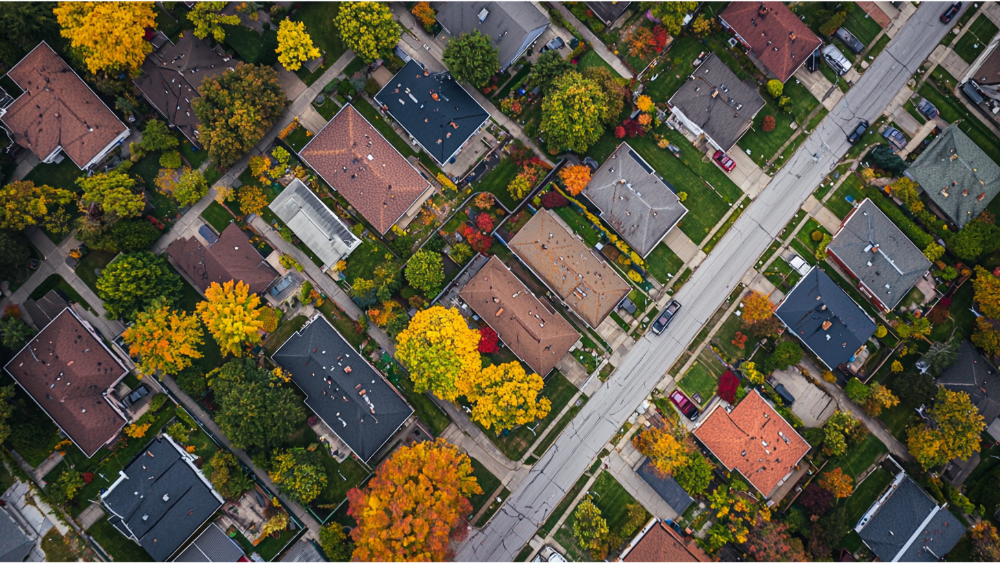
Choosing the right house siding for your home is a crucial decision that can significantly impact its aesthetics, functionality, and value. With so many options available in the market, it can be overwhelming to make a final decision.
In this guide, we have carefully curated seven of the best house siding options for 2025 to help you make an informed choice.
Before we dive into the details of different siding options, let’s first understand what siding is. Siding refers to the exterior cladding material that covers the walls of a house. It serves as a protective layer against harsh weather conditions, insulates the home, and enhances its curb appeal.
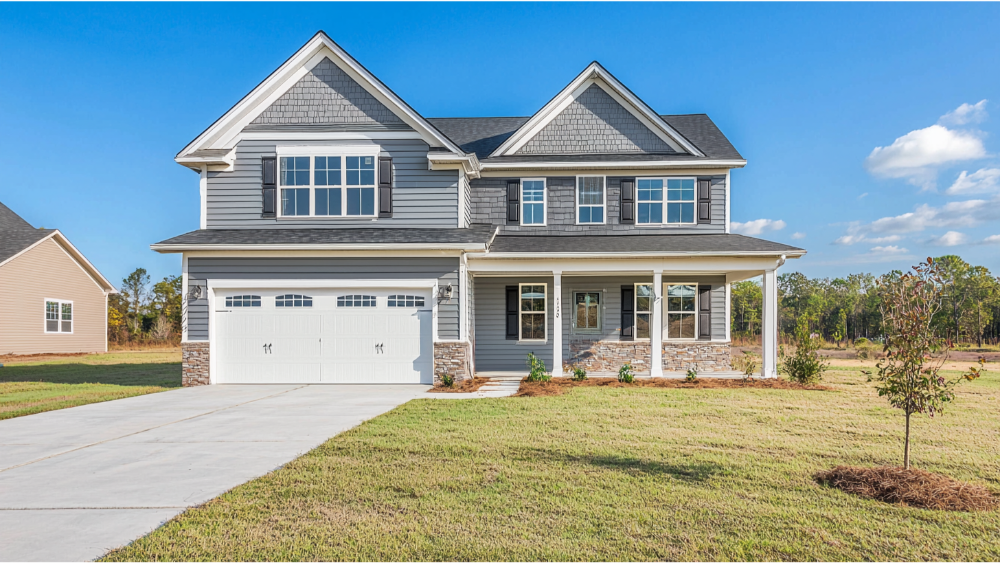
Vinyl siding is one of the most popular choices for homeowners due to its cost-effectiveness and low maintenance requirements. It comes in a variety of colors and styles, making it easy to match with any architectural style. Additionally, vinyl siding is durable and can withstand extreme weather conditions.
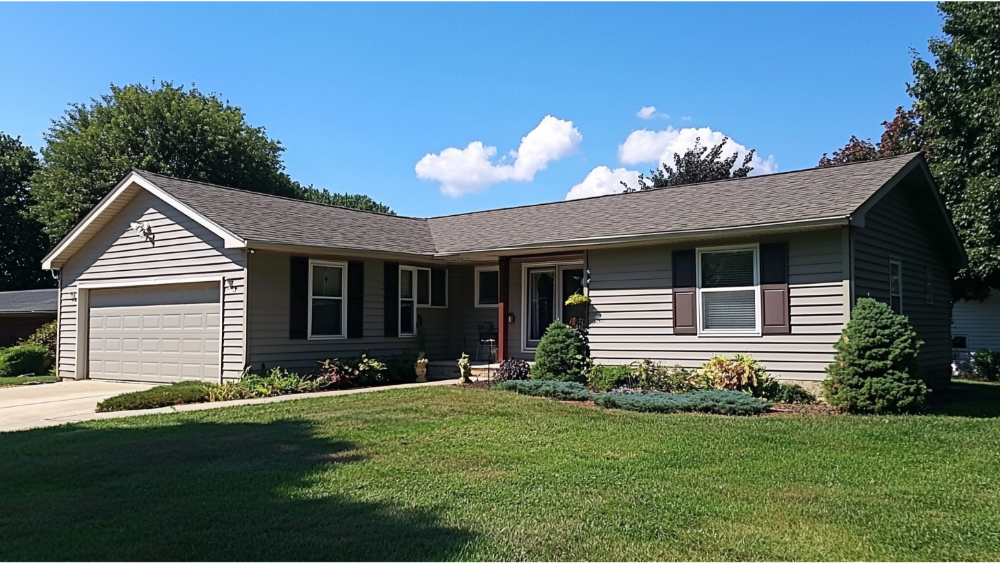
Fiber cement siding is a durable composite material made from cement, sand, and cellulose fibers. It’s gained popularity for its fire resistance and low maintenance requirements. This siding option can mimic the appearance of wood or stucco at a more affordable price.

Natural wood siding, including wood shingles, offers a timeless and classic aesthetic for homes. Available in types such as cedar, redwood, pine, and cypress, each variety brings its own unique charm.
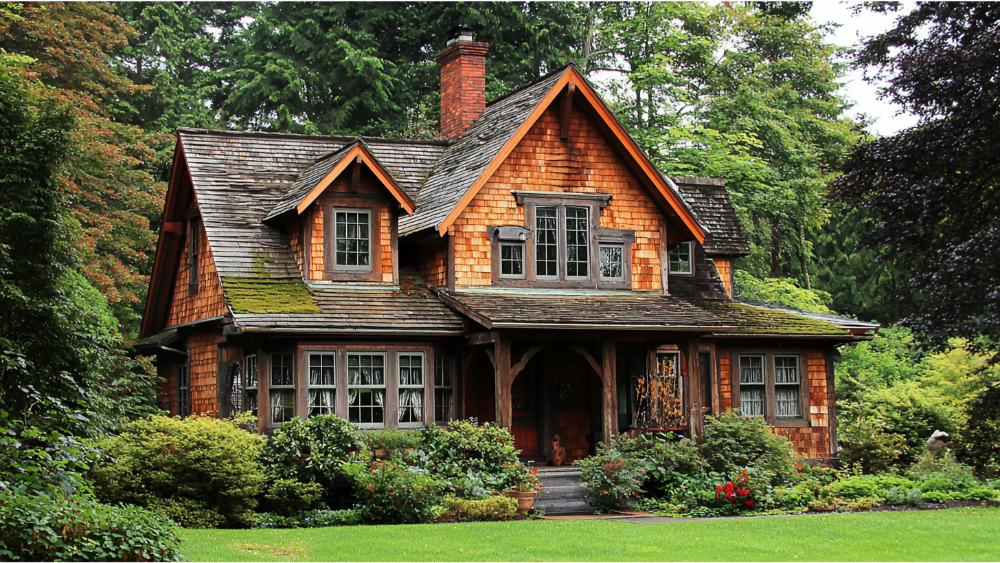
Engineered wood siding combines wood fibers with resin and wax, creating a durable and cost-effective alternative to traditional wood siding and composite siding. It offers similar aesthetic benefits and comes in various textures and finishes.
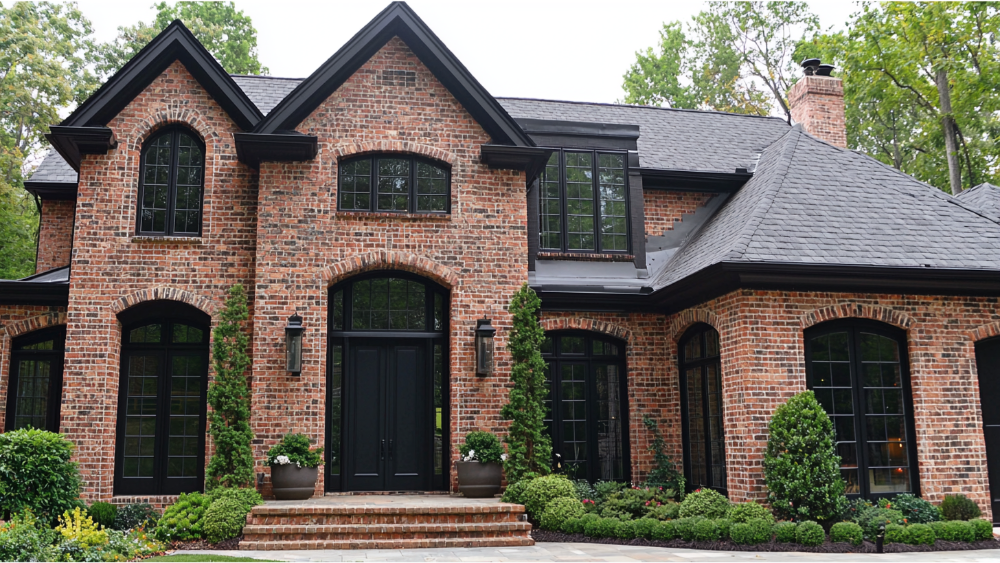
Brick siding is a classic choice known for its durability and insulation properties. Made from molded and fired clay, it is available in a variety of colors and textures, enhancing your home’s value.
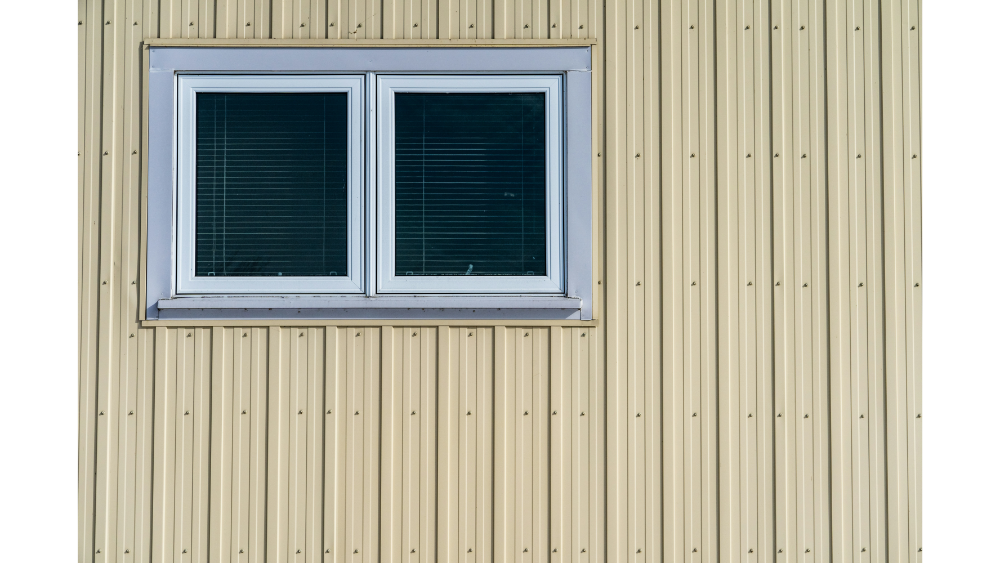
Aluminum siding is a lightweight and cost-effective option that has been around for decades. It’s highly resistant to corrosion, making it an excellent choice for coastal areas.
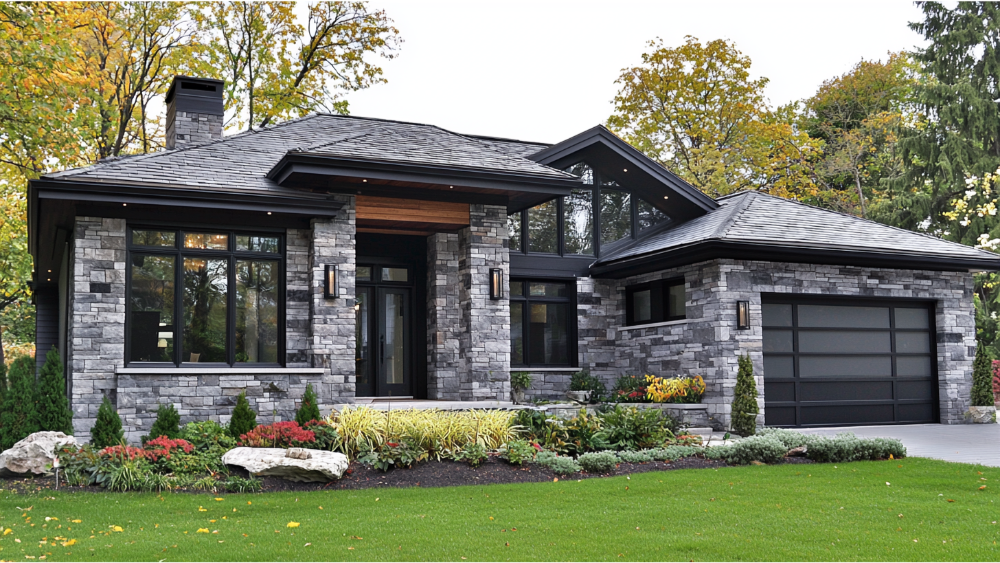
Stone veneer siding provides the elegance of natural stone at a lower cost, made from lightweight materials like concrete or polyurethane. It’s available in various colors and textures, enhancing your home’s exterior.
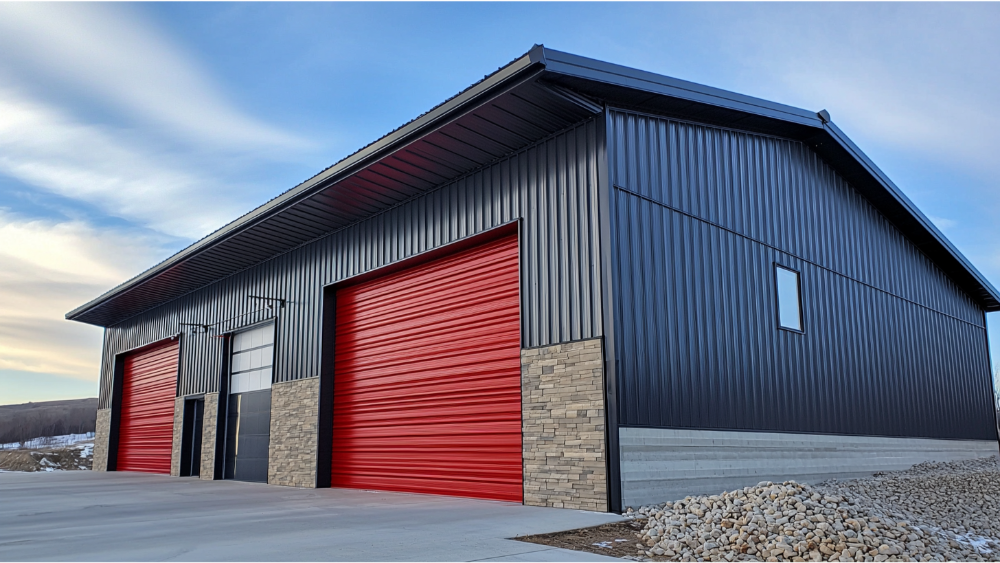
Metal siding, typically made from steel or aluminum, offers a modern aesthetic and robust protection. Known for its durability and resistance to harsh weather conditions, metal siding has become an increasingly popular choice for contemporary homes.
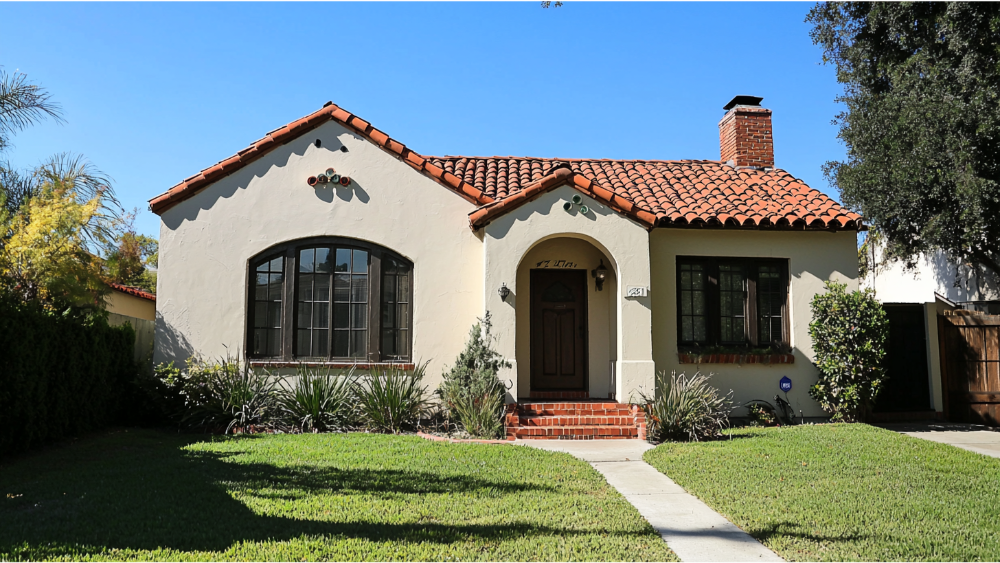
Stucco siding, made from a mixture of cement, sand, lime, and water, provides a smooth and seamless finish highly valued for its aesthetic appeal. This siding option is popular in Southwest and Mediterranean-style homes, offering a timeless and distinctive look.
Vinyl siding is among the most affordable options, with material costs ranging from $1 to $8 per square foot. Installation costs can add an additional $2 to $5 per square foot. Overall, it remains a budget-friendly choice with minimal additional expenses involved.
Fiber cement siding is moderately priced, with material costs ranging between $5 and $10 per square foot. Installation, requiring professional services due to its weight and complexity, may add around $4 to $8 per square foot.
Wood siding generally costs between $4 and $12 per square foot for materials. Installation fees typically range from $3 to $5 per square foot, although high maintenance costs in the long term should also be considered.
Engineered wood siding is a cost-effective alternative to natural wood, costing approximately $3 to $9 per square foot. Installation fees usually range from $2 to $4 per square foot, making it an economical option.
Brick siding tends to be on the higher end, with material costs from $6 to $15 per square foot. Installation is labor-intensive, adding $6 to $12 per square foot in costs.
Aluminum siding is a budget-friendly option, with material costs ranging from $3 to $6 per square foot. Installation fees may add an additional $4 to $8 per square foot.
Stone siding materials cost around $5 to $15 per square foot. Installation is specialized, resulting in additional costs of $9 to $20 per square foot, reflecting its demanding nature.
Metal siding materials average between $3 and $10 per square foot. Installation costs add about $4 to $8 per square foot. Its sustainability and low maintenance can offset higher initial expenses.
Stucco siding has material costs ranging from $6 to $9 per square foot. Installation fees typically range from $3 to $10 per square foot. Additional expenses for maintenance and repairs should also be considered.
Installation costs vary widely based on the material chosen, ranging from budget-friendly options like vinyl to more expensive choices like brick or stone veneer. Removal of existing siding generally incurs an additional cost, ranging from $1 to $3 per square foot. Homeowners should consider both initial costs and long-term maintenance when choosing the best siding option for their needs.
Choosing which siding is best for you and your budget is a vital decision in maintaining your home’s exterior. Each type has its own unique advantages and disadvantages, so it’s essential to weigh both the cost and aesthetic appeal of each option carefully.
Remember to also consider long-term maintenance costs when making your decision. With proper care and upkeep, siding can last for decades, providing a beautiful, protective barrier for your home. Consult with a professional here at Pro Superior Construction and do thorough research before making a final decision on which siding is best for your home.
So, whether you prefer the classic charm of wood or the modern look of metal, there is sure to be an option that fits your budget and style. Don’t be afraid to invest in quality materials that will enhance the value and curb
Proper maintenance is crucial in prolonging the life and enhancing the appearance of your home’s siding. Here are some general tips to keep in mind:
By following these simple maintenance tips, you can ensure that your siding remains in great condition and continues to provide protection for your home for years to come.
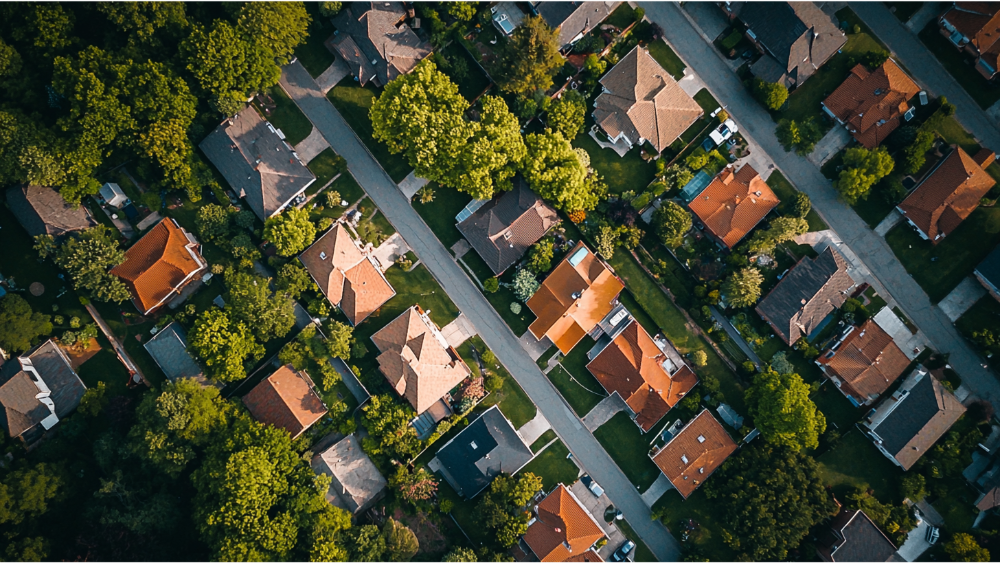
At Pro Superior Construction, we pride ourselves on delivering unparalleled expertise and quality in the home siding industry. Our team is composed of seasoned professionals who bring years of experience and a passion for excellence to every project.
We understand that choosing the right siding is crucial for your home’s aesthetic appeal, protection, and efficiency, and we are committed to guiding you through every step of the process. What sets us apart is our dedication to customer satisfaction, ensuring that your needs and preferences are met with precision and care. Our vast selection of high-quality siding materials caters to diverse styles and budgets, allowing us to provide customized solutions that enhance your home’s value and curb appeal.
With Pro Superior Construction, you not only benefit from exceptional craftsmanship but also enjoy peace of mind knowing that your home is in the hands of trusted experts. Experience the difference with Pro Superior Construction—where superior service meets superior results.
On average, most house siding needs to be replaced every 20-30 years. However, this can vary significantly depending on factors such as the type of siding material—wood, vinyl, fiber cement, or metal—and the climate of your location.
Regular inspections for signs of wear, such as warping, cracking, or fading, can help you determine when it’s time for a replacement. Proper maintenance, such as cleaning and painting, can also extend the lifespan of your siding.
While it is possible to install new siding over old siding, it is generally not recommended. Doing so can trap moisture between the layers, leading to mold and rot, and may compromise the insulation properties of your home.
Additionally, the added weight from the new siding can put extra stress on the structure. If you’re considering this option, it’s crucial to ensure that the existing siding is in good condition and to consult with a professional for advice.
It is highly recommended to hire a professional for proper installation to ensure longevity and avoid potential issues in the future. Professionals possess the expertise and tools necessary to handle various materials and ensure a weather-tight seal.
They can also navigate local building codes and permit requirements. However, if you’re handy, some vinyl or fiber cement options may be suitable for DIY installation. Just be sure to research proper techniques and safety measures beforehand.
Fiber cement, wood, and natural stone siding are all considered eco-friendly options as they are made from natural materials that have minimal impact on the environment. Fiber cement is particularly durable and can last a long time, reducing the need for frequent replacements.
Additionally, metal siding can also be recycled at the end of its lifespan, making it a sustainable choice. When selecting eco-friendly siding, consider the sourcing of the materials, the manufacturing process, and the potential for recycling to ensure a minimal environmental footprint.
Choosing the right siding for your home is a significant decision, and it’s crucial to take into account various factors such as cost, maintenance, and aesthetic appeal. With proper care and regular maintenance, your siding can last for decades, providing protection and enhancing your home’s curb appeal.
At Pro Superior Construction, we are dedicated to helping you find the perfect siding solution for your unique needs and budget. Let us guide you through the process with our expertise and commitment to excellence.
Contact us today for a consultation and experience superior service and results with Pro Superior Construction. Don’t settle for anything less than superior when it comes to protecting your home.

by Dan Dryer
October 23, 2024